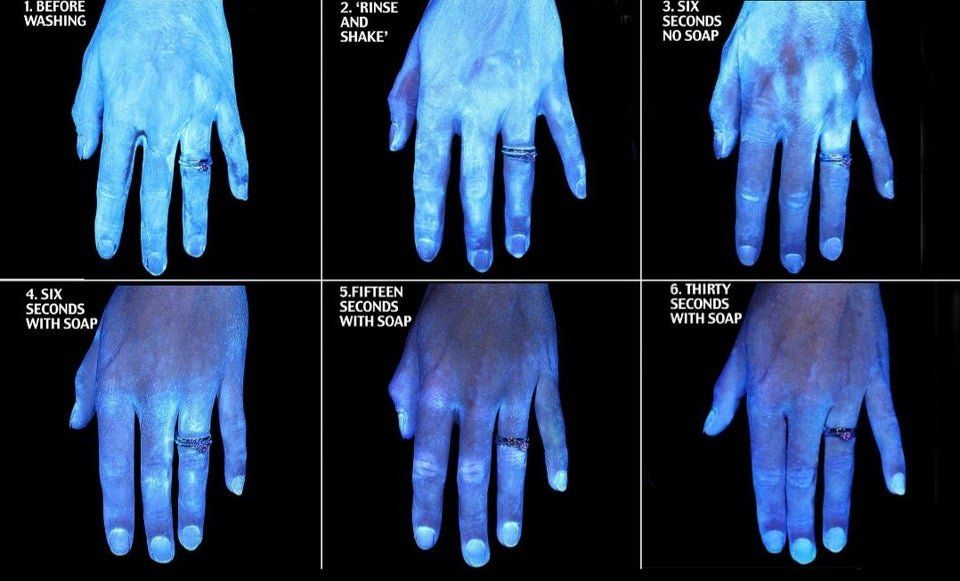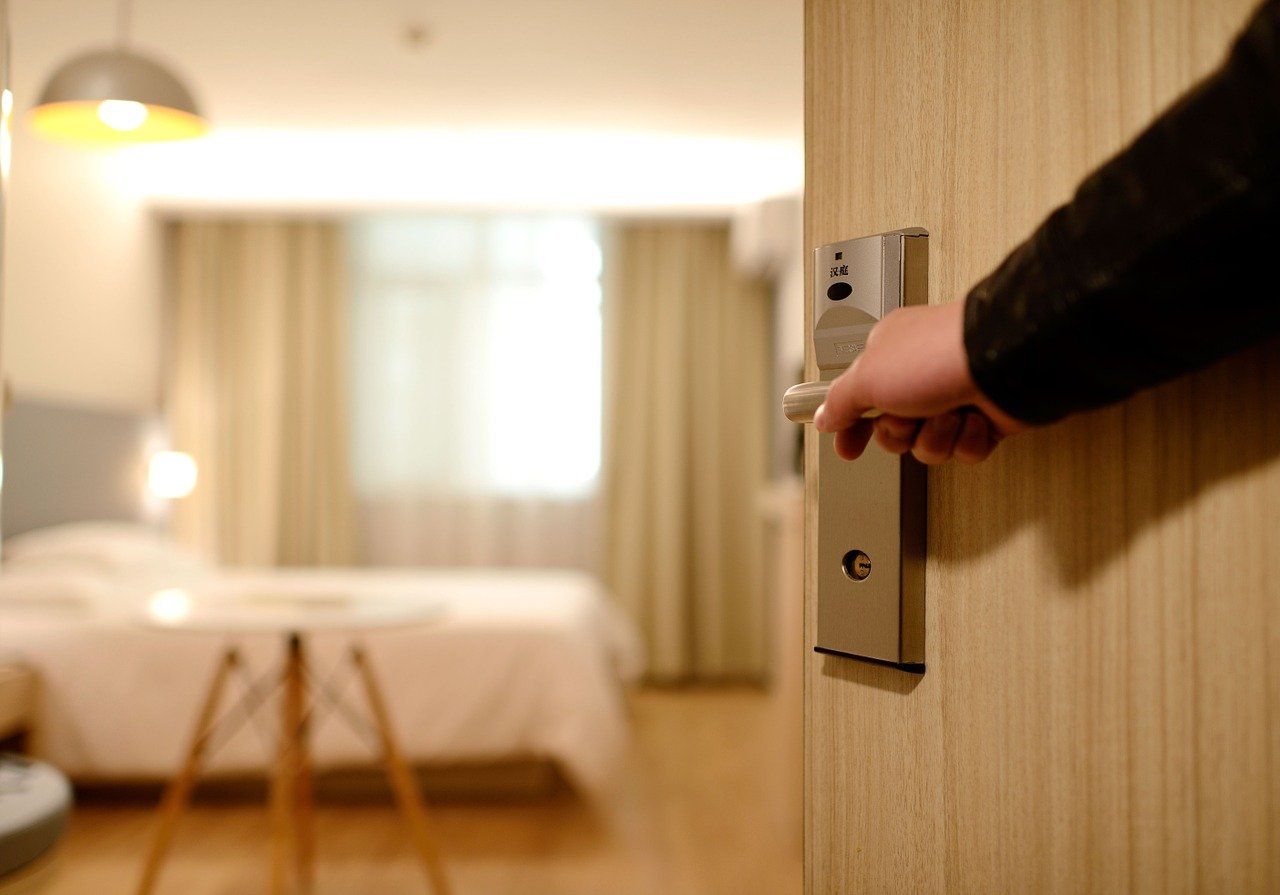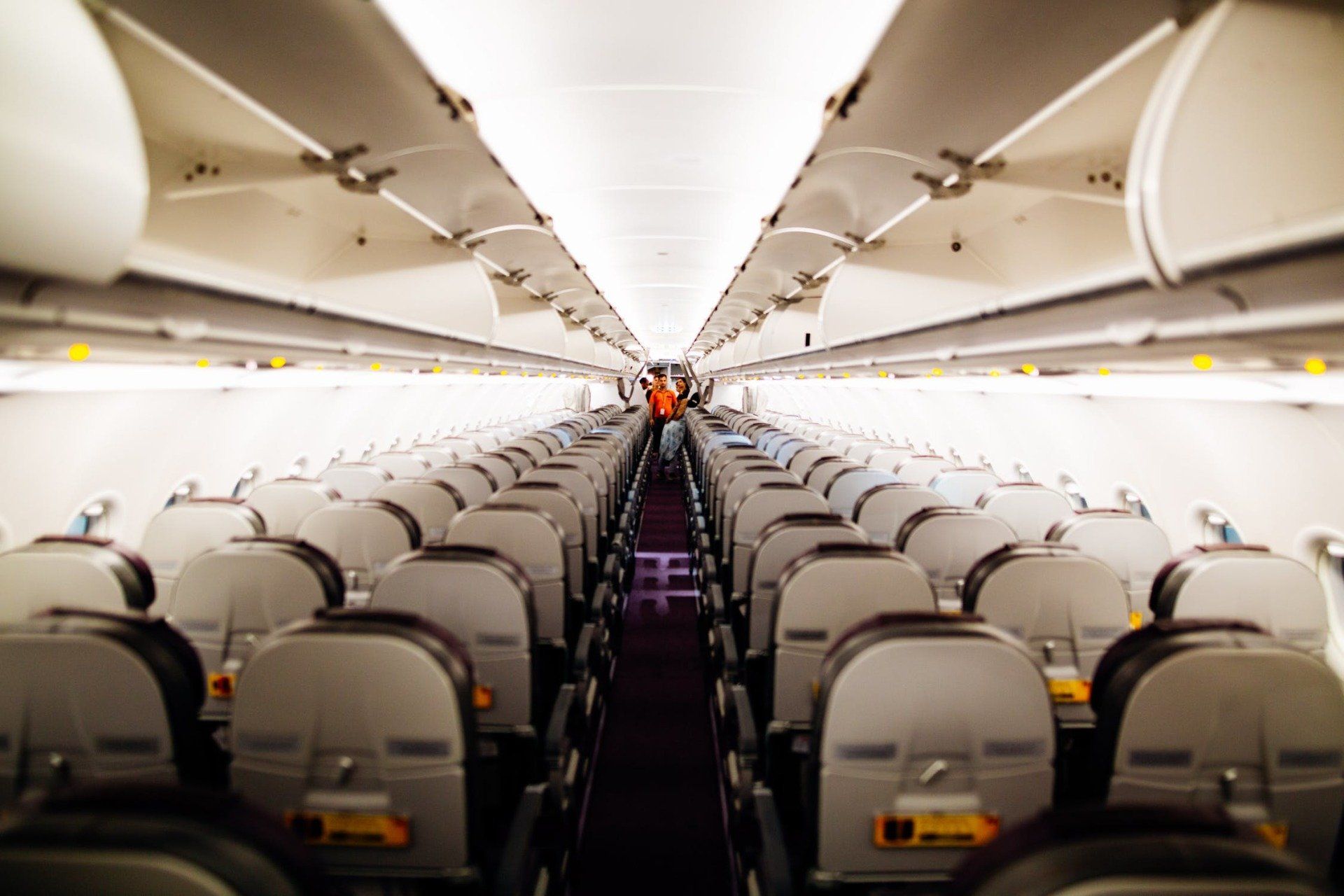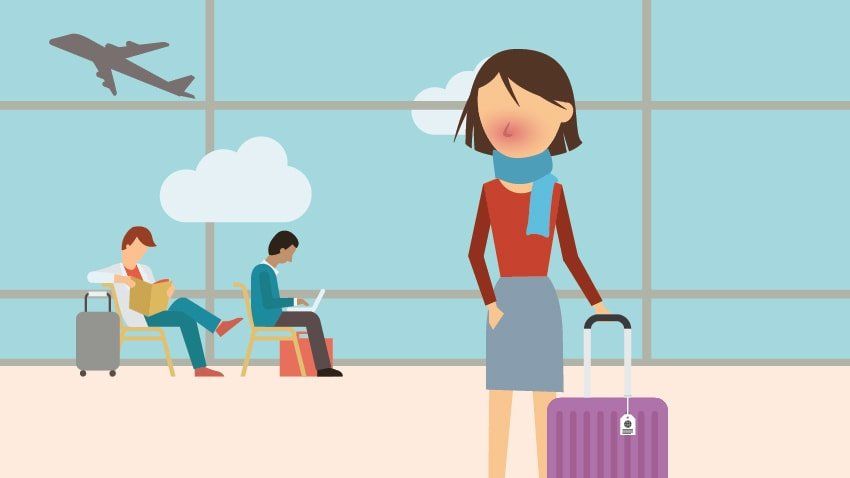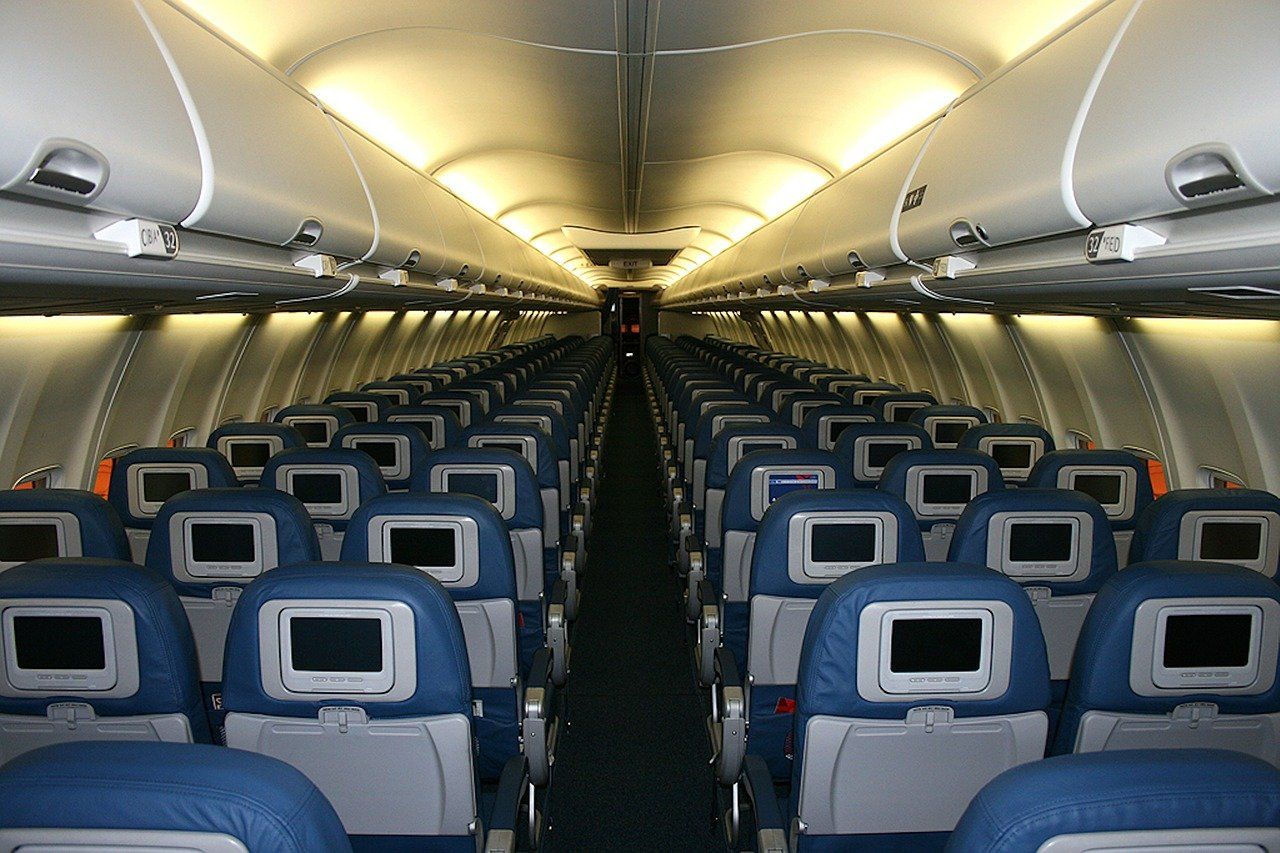Traveling Smart
Coronavirus has those traveling on edge. In order to protect yourself, you need to be aware of the virus, adhere to travel advisories, avoid impacted areas and exercise preventive measures.

How to Protect Yourself
In order to avoid the new coronavirus, take the same precautions you would to prevent the flu. The World Health Organization recommends taking the following measures:
- Wash your hands regularly and with soap and water for no less than 20 seconds. If you don’t have access to soap and water, use alcohol-based hand sanitizer with at least 60% alcohol.
- Covering your mouth and nose when you cough or sneeze using the face to inner arm approach and not using your hands.
- Avoid touching your eyes, nose and mouth as often as possible.
- Stay home if you’re feeling sickly and make an appointment with your doctor immediately.
- Throw tissue into closed bin right after use.
- Clean and disinfect frequently touched items and surfaces.
- When flying, choose a window seat.
- Never walk barefoot through the metal detector.
- Travelers who are 65+ and those with underlying health conditions are the most susceptible and are encouraged to avoid travel altogether for the time being.
To Travel or Not to Travel During the Outbreak
Deciphering whether to travel or not is at the forefront for most people as summer approaches. Airlines across the world have limited or canceled flights while service to China has been suspended by many carriers. More and more airlines, cruise lines and hotels are showing unprecedented flexibility with their cancellation policies. When deciding what to do about your travel plans, Travel+Leisure recommends communicating directly with your hotel and airline to feel secure about choices and to monitor updates for current information about your destination. It's important to note that travelers may become quarantined if an outbreak ensues. The potential to be stuck somewhere for an extended period of time may occur.
The World Health Organization has NOT declared COVID-19 a pandemic. If you're traveling in the next few months, it's imperative you read the advice and situation reports from the World Health Organization, the advisories from the State Department and notices from the CDC. Staying informed and washing your hands are the best ways to protect yourself during this unnerving time for travelers. It's imperative to lean in on facts and not fear.
How elm Planning is Handling the Virus
It's also important to note that the CDC has not advised against travel or large meetings. As a meeting and event planning company, we are doing the following to ensure the safety of our staff and attendees:
- Monitoring the situation and staying current on all things coronavirus and travel related.
- Offering our web conference services and expertise to take the place of meetings that do not require face to face interaction.
- Create contingency plans that are specific to each event and location.
- Increased health and safety precautions.
- Enforcing our desired cancellation clauses when negotiating contracts with hotels to provide our clients with security if an event needs to be rescheduled or cancelled.
- Reviewing our event insurance policies.
- Anticipating changes and delays regarding airlines.
- Prepared communication to all attendees regarding the virus and how it pertains to their travel plans.
- Consulting with our legal counsel about our responsibilities as planners.
This image from Reddit shows the importance of washing your hands the right way. The parts that are glowing under a blacklight represent not being cleaned properly.
